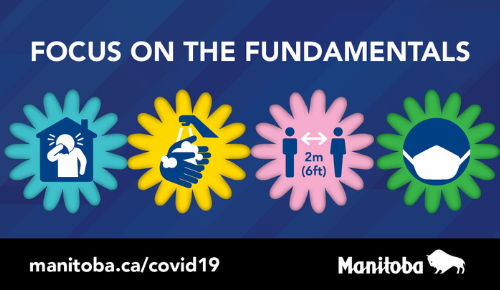
By Trina Huntley
Effective team building is about far more than simply making sure colleagues get along; it’s also about mixing and balancing complementary skills and talents so that the whole is greater than the sum of its parts.
When planned and executed properly, team building developed on a foundation of trust will boost morale, performance, and productivity. Individuals can explore their unique talents and find new ways to shine; relationships are strengthened through the communication and collaboration necessary for achieving shared goals; end results reflect higher motivation and creativity because they were completed by an engaged and mutually supportive team.
Best of all, team building doesn’t even require having your team all under one roof (as organizations are discovering in this new age of remote work)! Here are “three C’s” to keep in mind when it comes to strengthening your team, especially in a virtual environment:
Connection
The transformation of a group of individuals into a team doesn’t happen on its own – it must be driven by intention. The first step in creating the trust that’s fundamental to a cohesive team is building connections from each person to the other.
In a remote environment, establishing daily check-ins can prevent the loneliness that contributes to disengagement and a subsequent drop in productivity. Ideally conducted via video chat to get the extra lift of actually seeing each other’s faces, these check-ins shouldn’t just be work-related! Deliberately set aside a few minutes at the start or the end of the meeting to chat about weekend plans, which shows or podcasts folks are enjoying these days, or the latest recipe with which your colleague experimented.
The better the team gets to know each other’s personalities, skills, experiences, and motivations, the more natural and meaningful these conversations become. As the team becomes increasingly comfortable in trusting each other with the ’big questions’ – “How are you really doing? What can I do to help you today?” – they’ll feel supported in reaching out for help if they’re struggling.
Collaboration
A successful team isn’t made up of a bunch of people with identical skill sets. Rather, a team is carefully assembled by gathering those whose talents complement and fill in the gaps of the others. These gifts can be obvious (for example, directly sought in the job postings that first inspired them to apply), but can also include latent skills uncovered by surprise through collaboration, as an effective team brings out the best in each other.
Striking a precise balance between “too many cooks in the kitchen” and normalizing reaching out to teammates for their input is critical in establishing a collaborative process that improves the overall end product, rather than slowing down its delivery without any tangible benefit.
Working remotely doesn’t have to decrease collaboration! It just means you have to be more intentional about setting kickoff meetings (rather than informally gathering a few coworkers at your desk), preparing workback schedules that take multiple rounds of input and review into account, and establishing approval hierarchies. This organized approach to project management can improve workflow even for those who are all working under one roof.
Creativity
Once the team connection and trust is deeply rooted, and collaboration is running smoothly, creativity flourishes! Whether it’s troubleshooting a spotty internet connection in your video chat or tackling a unique challenge with a client, the more opportunities a team has to solve a problem together, and the more they build their confidence in thinking “outside the box” in the future. Model active listening and encouragement so that all team members are comfortable bringing new ideas to the table.
One bonus of remote work is gaining back time that would otherwise have been devoted to a harried, rush-hour commute. This extra wiggle room in the day allows for more focused, mindful thinking and productivity. It’s also important to be intentional about shutting work down when the day is done – this balance will make you a better, more productive, and more creative teammate.
About the author: Trina Huntley is the Learning and Development Specialist at Payworks. Trina has almost 30 years of experience in customer-facing roles and industries, and is dedicating her career towards formalizing guidance and support around the types of learning, development, and coaching that ultimately grow employee engagement and performance.




